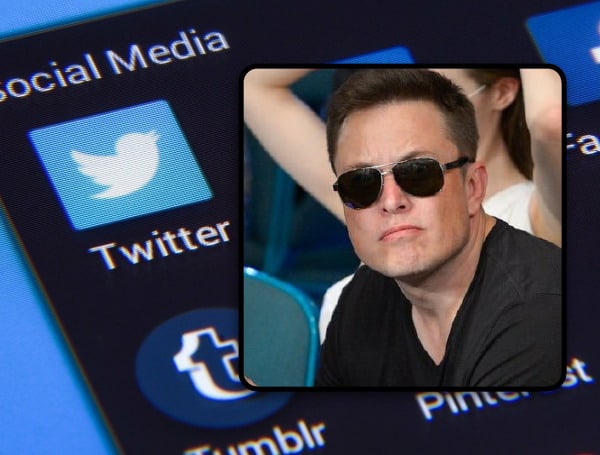Twitter CEO Elon Musk confirmed that the platform has imposed search and visibility restrictions on the accounts of political candidates running for office, limiting voters’ ability to hear from them during this time, in tweets on Thursday and Friday.
“Yes,” wrote Musk in response to a question about whether candidates either “running for office or seeking reelection” were subject to such restrictions, termed “shadowbans” by Musk and others.
The question focused on politicians in the U.S. or elsewhere, and no further information has been released about how many candidates were affected in the United States or their political leanings.
The revelation comes shortly after former New York Times editor and Substack writer Bari Weiss published an exposé of censorious conduct at Twitter, with records supplied by Musk following his purchase of the company.
Weiss’ exposé, published as a tweet thread, revealed that several accounts belonging to conservative groups had been placed on “blacklists” by the company at the direction of former Twitter officials such as Chief Legal Officer Vijaya Gadde and Director of Trust & Safety Yoel Roth.
The accounts included the popular parody page “Libs of TikTok” as well as conservative commentators Charlie Kirk and Dan Bongino, while Stanford University professor Jay Bhattacharya, a critic of lockdowns during COVID-19, also had his account restricted.
Weiss’ thread included images of internal account dashboards showing the various tags that these accounts were subject to, including “Trends Blacklist” (preventing their tweets or names from ‘Trending’ or being highlighted for their traffic), “Search Blacklist” (preventing their accounts from appearing in search queries) and “Do Not Amplify,” whereby their tweets could not appear on user feeds with a comparable frequency to other prominent persons.
Weiss’ thread also publicized the existence of a group known as the Site Integrity Policy, Policy Escalation Support (SIP-PES), a group of top Twitter leaders such as Gadde, Roth and former CEOs Jack Dorsey and Parag Agrawal who made decisions about such restrictions on accounts.
Candidates frequently use social media to promote themselves, solicit donations and highlight their policies to voters who do not engage in the political process, with former President Donald Trump frequently using Twitter to campaign in both 2016 and 2020.
A list of political candidates who were subject to such restrictions has not yet been released.
Visit Tampafp.com for Politics, Sports, and National Headlines, or signup for our free newsletter by clicking here.
Android Users, Click Here To Download The Free Press App And Never Miss A Story. Follow Us On Facebook Here Or Twitter Here.

